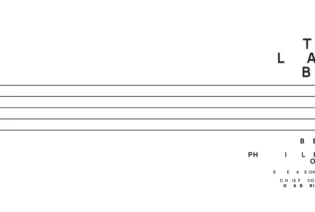
The Belgrade Philharmonic’s most joyous performances, our famous New Year’s concerts, will be held at Kolarac Hall on December 24 and 25, 2021 at 8:00 p.m. The Belgrade Philharmonic is preparing a special “Music Bazaar” with Maestro Daniel Raiskin and special guest star, clarinetist Kari Kriikku.
The long-awaited news will be sure to delight many people who have been asking about these attractive philharmonic performances for weeks. This time, the Belgrade Philharmonic is preparing a “Music Bazaar,” ideal for all those who like traveling and going to New Year’s concerts. As in a real bazaar, the Belgrade Philharmonic will be offering a variety of musical cultures from different parts of the world. The festive atmosphere will be augmented by the sounds of the Jewish klezmer, the Arabic longa, Portuguese folklore, and cheerful songs of classical literature.
Our special guest star for our New Year’s concerts will be Kari Kriikku, a clarinet virtuoso whose performances have delighted audiences all over the world. A pioneer in the performance and promotion of contemporary music, Kari Kriikku is known for his unusual and attractive interpretations. Conducting the concerts will be our old friend Maestro Daniel Raiskin, the Belgrade Philharmonic’s chief guest conductor.
Always different, unusual, cheerful or burlesque, the Belgrade Philharmonic’s New Year’s concerts are among the most sought-after performances of the season. So far, the Belgrade Philharmonic has played disco, organized music circuses, and invited audiences to dance… For this year’s “Music Bazaar” tickets are on sale from December 13 at the Philharmonic box-office as well as online at prices of 1000, 1200 and 1500 dinars.
The rules of the 2021/22 season will apply to New Year’s concerts, as well. Attending New Year’s concerts will be possible only with one of the following: confirmation of complete vaccination; confirmation of previous infection caused by the COVID-19 virus; confirmation of a negative PCR test on COVID-19 (not older than 72 hours) or a rapid antigen test (not older than 48 hours).







